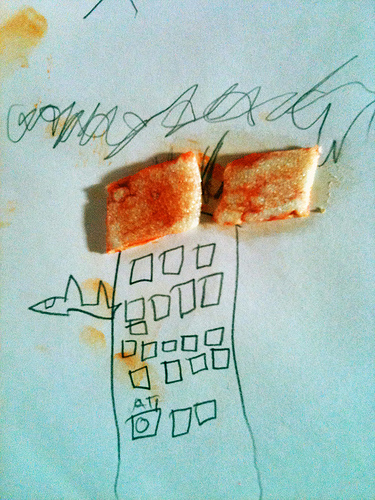 NEW JERSERY– Mary Vazquez was teaching a lesson about communities at
Millburn Middle School nearly 10 years ago when another teacher rushed into her
classroom with a message to give if students asked: “Two planes went into
the World Trade Center. You are safe.”
NEW JERSERY– Mary Vazquez was teaching a lesson about communities at
Millburn Middle School nearly 10 years ago when another teacher rushed into her
classroom with a message to give if students asked: “Two planes went into
the World Trade Center. You are safe.”
When the 9/11 terror attacks occurred, schools struggled with how to handle the unthinkable news. Some locked down their buildings, others made terse announcements, and still others said nothing to students that day.
“School systems were very uncomfortable talking about it,” recalled Vazquez, now a retired teacher of Holocaust studies. “We didn’t know how many families this would affect. We didn’t know much ourselves.”
A decade later, a detailed set of K-12 curriculum is being launched to give New Jersey educators tools for teaching about 9/11. Developed over three years and completed in time for the 10th anniversary of the attacks, the curriculum is called “Learning from the Challenges of Our Times: Global Security, Terrorism and 9/11 in the Classroom.”
The material includes lesson plans on teaching the events of that day itself, but also delves into topics ranging from the “Impact of Hateful Words,” for elementary students to “What is Terrorism?” in middle school and “Reaction to and from the Muslim and Arab Communities” for high school students.
Also included are lessons on “acts of kindness” that occurred on 9/11, and ideas for students to help their town, community and the world.
Created by a volunteer group called the 4 Action Initiative, made up of Families of September 11, the New Jersey Commission on Holocaust Education and Liberty Science Center, the effort also included former Gov. Thomas Kean and dozens of New Jersey teachers who wrote and piloted lesson plans. The curriculum is to be introduced by representatives of the group and acting State Education Commissioner Christopher Cerf at Liberty Science Center Thursday.
“This, after all, was the traumatic event of our age. It’s important children understand it, and understand it in all of its ramifications,” said Kean, who was president of Drew University when the attacks occurred. He said he was home recovering from a dental procedure that morning but after learning the news, jumped in his car and drove to campus, where he invited the entire student body to gather and talk about it.
Dr. Paul Winkler, executive director of the New Jersey Commission on Holocaust Education, said two key themes are that all people should not be condemned because of the acts of a few, and that individuals can make a difference. The guidelines are not mandated, Winkler said, but those involved say they hope educators will want to use them to teach about the attacks and the aftermath.
Read more about N.J. To Release 9/11 Curriculum to Help Teachers Educate About Terror
© 2011 New Jersey Online
Photo by Flickr user EmilyNorton










